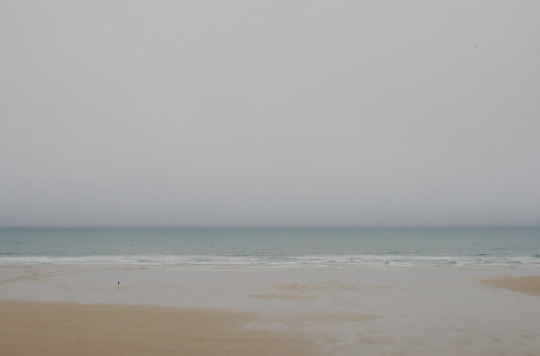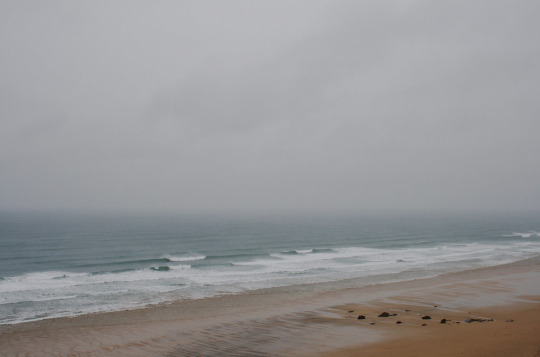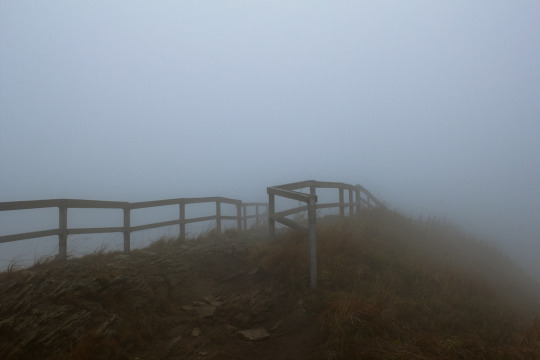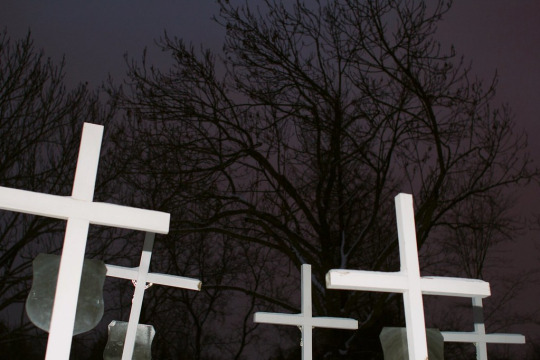#zdun
Explore tagged Tumblr posts
Text

Anna Zdun from Poland🇵🇱, World Championships Patras 2007
photo credits: Dan Pickard
14 notes
·
View notes
Text

Rozumiem, że potrzeba czasu.
Niech płynie.
Jego szum uspokaja.
#nagromadzenie#czas#poplątanie#gałęzie#pejzaż#morze#landscape#maciej zdun#sea#landscape photography#contemporary photography
85 notes
·
View notes
Text
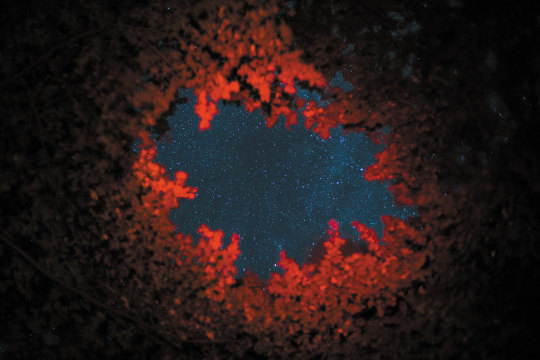
Maciej Zdun
5 notes
·
View notes
Text
꧁𓊈𒆜06.02.2025𒆜𓊉꧂
Powoli schodzę coraz niżej z limitami żeby zrobić dłuższego f@sta. Skoro w kuchni ma być mini remont to jest to idealna okazja. Wgl będzie wymieniany piec kaflowy. Pewnie widzieliście takie u swoich dziadków może jeszcze na wsi. U mnie jako że dom stawiał mój dziadek jeszcze taki jest tylko bardzo bardzo długo nieużywany. Myślalam, że rodzice całkiem chcą go wyburzyć ale zdecydowali się tego nie robić. Zdun (czyli osoba która robi takie piece) powiedział że coraz więcej ludzi takie piece buduje jak za starych czasów i są one bardzo funkcjonalne i ekoloiczne. Jeden taki piec/kuchnia kaflowa może i ogrzać dom i można na nim przygotować posiłek więc 2w1. I takie jedzonko pieczone na ogniu podpalanym drewienkiem sosnowym to smakuje zajebiście jak z ogniska ❤️ Czyli taki jakby kominek i kuchenka w jednym.

Umówiłam się już na dziarki do N na 13 marca i tak się już jaram, że nie mogę. Robię Wiedźmina i drugą nietoperka (faza na wampiry mi wróciła). Czytanie książek idzie mi topornie, bo tak się do tego telefonu przykleiłam... Ale postanowiłam sobie czytać chociaż 1 książkę w miesiącu. Zasób słów trzeba wzbogacać.
#chudzinka#gruba szmata#aż do kości#bede lekka jak motylek#bede motylkiem#blogi motylkowe#chce byc lekka jak motylek#chudej nocy motylki#nie chce być gruba#będę lekka#pamiętnik motylka#motylki any#motylek any#motylki#chudego dnia motylki#jeszcze nie motylek#lekkie motylki
29 notes
·
View notes
Text
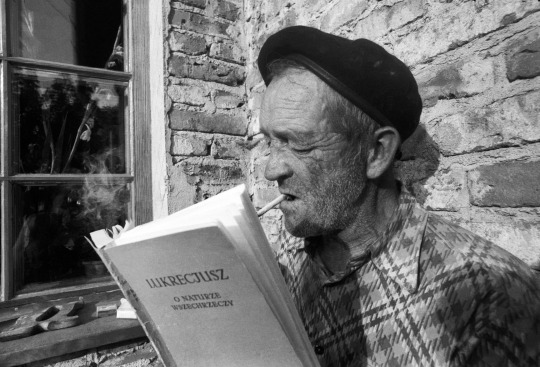
Zdun reads Lucretius, Warsaw, 1977 - by Aleksander Jałosiński (1931 - 2014), Polish
75 notes
·
View notes
Text
Jeden oddech świata
Najpiękniejszy dom w mieście stoi tuż przy stacji kolejowej. Każdego dnia robię wszystko, by tylko znaleźć się w jego pobliżu. Przystaję po drugiej stronie ulicy i podziwiam. Dawno temu wybudował go mój dziadek. Piekarz, murarz, zdun, a przede wszystkim dobry człowiek. Solidna podmurówka, grube mury dające chłód w upalne dni i balkon, na którym stoi ona i pali papierosa. Jest piękna jak kometa, jak nocny taniec gwiazd i dobrze o tym wie. Młodzi mężczyźni idący na pociąg spoglądają w jej stronę. Jedni gwiżdżą inni pytają o imię, a ona się z nich śmieje. Patrzy w moją stronę, ale mnie nie widzi. Jestem dla niej tylko cieniem, kotem, który przebiega pod murem, falującym powietrzem nad rozgrzaną drogą. Czasem jednak mi się przygląda, przez jedną chwilę przez jeden oddech świata, a potem odwraca głowę i wpatruje się w niebo, jakby tam były wszystkie odpowiedzi na trudne pytania. Z głową zadartą do góry wygląda jak jeden z posągów, które kiedyś podziwiałem w ateńskim muzeum. Lubię ten spektakl zwłaszcza nocą, gdy czerwony punkcik papierosa pojawia się i znika. Czuję się wówczas, jak wybraniec, jak ktoś, kto wygrał kolejny darmowy los na loterii. Jutro znów tu wrócę i zapalę papierosa, choć dawno temu rzuciłem. Może, gdy dostrzeże czerwony punkcik po drugiej stronie ulicy, domyśli się, że nie jestem tylko cieniem, kotem przebiegającym pod murem czy falującym powietrzem nad rozgrzaną drogą.
Manuel del Kiro
3 notes
·
View notes
Text
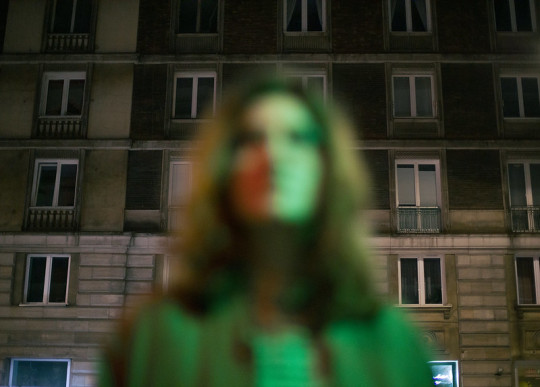
mAnn6 by Maciej Zdun
3 notes
·
View notes
Text
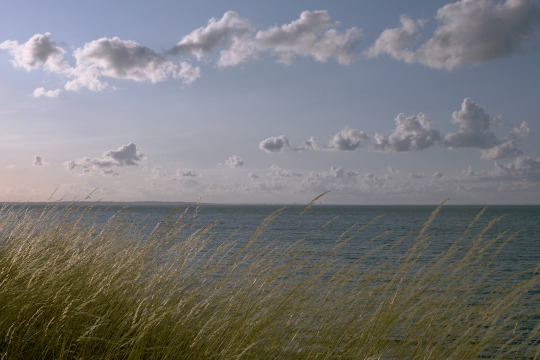
Niezwykły był czas na tej wyspie - napisałem trzynastego sierpnia. Dziś nie wiem czy tam w ogóle byłem. Nie pamiętam czy ta wyspa w ogóle istnieje. /19.10.2023/
11 notes
·
View notes
Photo

#2016#warszawa#warsaw#białołęka#żerań#modernizm#modernism#architektura#architecture#blacha falista#corrugated sheet#graffiti#hito#żaku#zdun
5 notes
·
View notes
Text
tumblr kids these days dont even know about ZDUN
0 notes
Photo
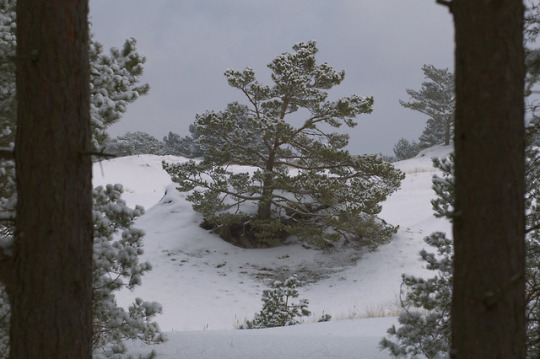
Maciej Zdun © ALL RIGHTS RESERVED
5 notes
·
View notes
